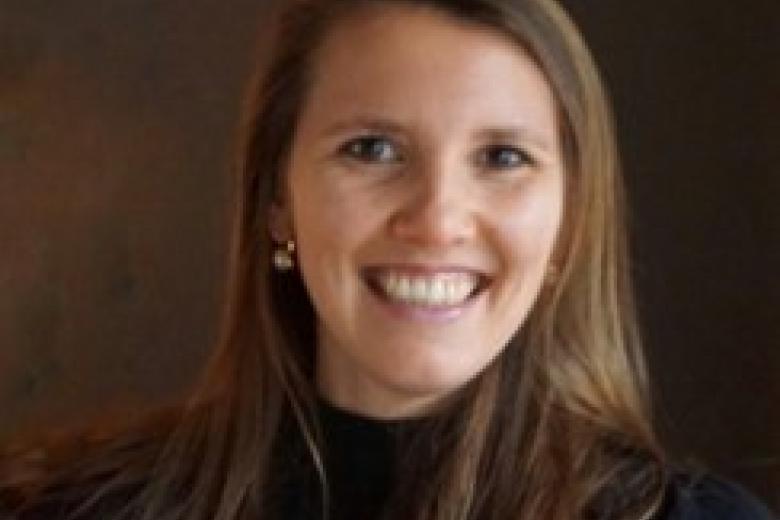Millions to medical-tissue factory and digital infrastructure for health data
The RegMed XB partnership, which largely originates from Maastricht University (UM), will receive up to €56 million from the National Growth Fund to build a pilot plant for regenerative medicine. Of the total amount, €23 million was awarded outright and €33 million is subject to conditions. This was decided by the Cabinet on Friday. The Health RI alliance, which is developing a digital infrastructure for health data - another initiative with UM roots - will receive up to €69 million (€22 million subject to conditions, €47 million as a reserve). Additionally, the Brightlands AI hub, located on the Brightlands Smart Services Campus in Heerlen and jointly initiated by UM, will benefit from up to €276 million awarded by the National Growth Fund to the Netherlands AI Coalition.

Infrastructure for health data
The amount of data in the health sector is exploding, but due to organisational issues this health data cannot yet be put to optimal use in research and innovation. Large datasets are managed in fragments by different healthcare and research institutions. According to the assessment committee that advised the Cabinet, the corona crisis shines a spotlight on the need for an integrated, national infrastructure for health data. The aim of the Health RI initiative is to foster innovation in the health sector by standardising and synthesising data from Dutch hospitals and care organisations, knowledge institutions, public-health organisations, patient organisations, health funds and companies. “I’m extremely proud and happy that the importance of a solid health-data infrastructure has been recognised,” says André Dekker, professor of Clinical Data Sciences in Maastricht and one of the spiritual fathers of Health RI. “In the coming years, this will have enormous added value for our research as well as our patients.”
Personal Health Train
Dekker’s team was not only involved in founding the Health RI alliance, but also developed the Personal Health Train (PHT). Traditionally, medical data is collected and copied from one place to another. The PHT ‘comes’ to the required data, as it were. It can be envisaged as a kind of train (actually a search query or algorithm) that travels past various data stations to analyse the information held there. Because the data stays at the source, the owner retains control of it, making this a privacy-friendly way of handling medical data. “We developed the PHT in recent years with money from the Province of Limburg,” Dekker says. “Thanks to this injection from the National Growth Fund, we’ll now be able to apply the concept more widely.”
Also read
-
No evidence of brain damage caused by severe COVID-19
Patients admitted to hospital due to a severe COVID-19 infection exhibit no evidence of brain damage caused by the disease. This is the conclusion of an extensive study led by Maastricht University.

-
Cold shivers?
Due to the Western lifestyle with a high fat diet combined with little exercise, more and more people in the Netherlands are overweight or even obese. This causes an increased risk of type II diabetes. What can be done about this besides a healthier lifestyle? The answer comes from an unexpected...

-
Quantity and Quality
Survivors of colon cancer often have symptoms associated with the cancer or treatment for years after treatment, such as fatigue and tingling in fingers and feet. This has a great impact on the perceived quality of life. Whereas current lifestyle advice is mainly aimed at prevention of (colon)...
